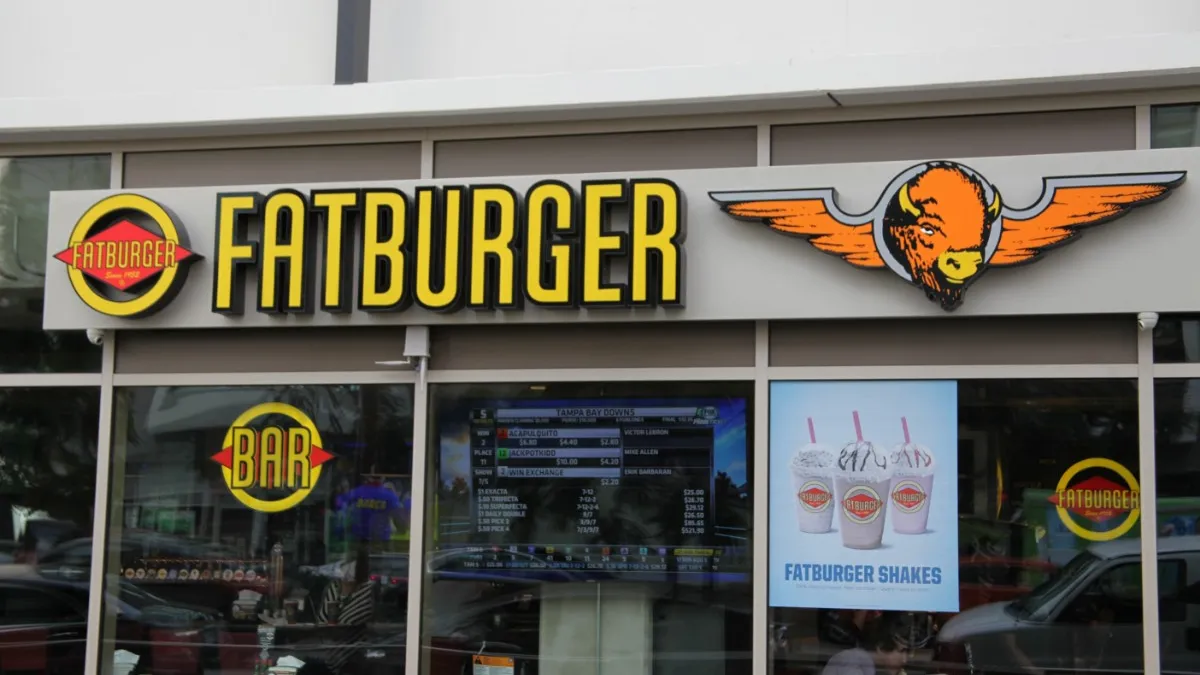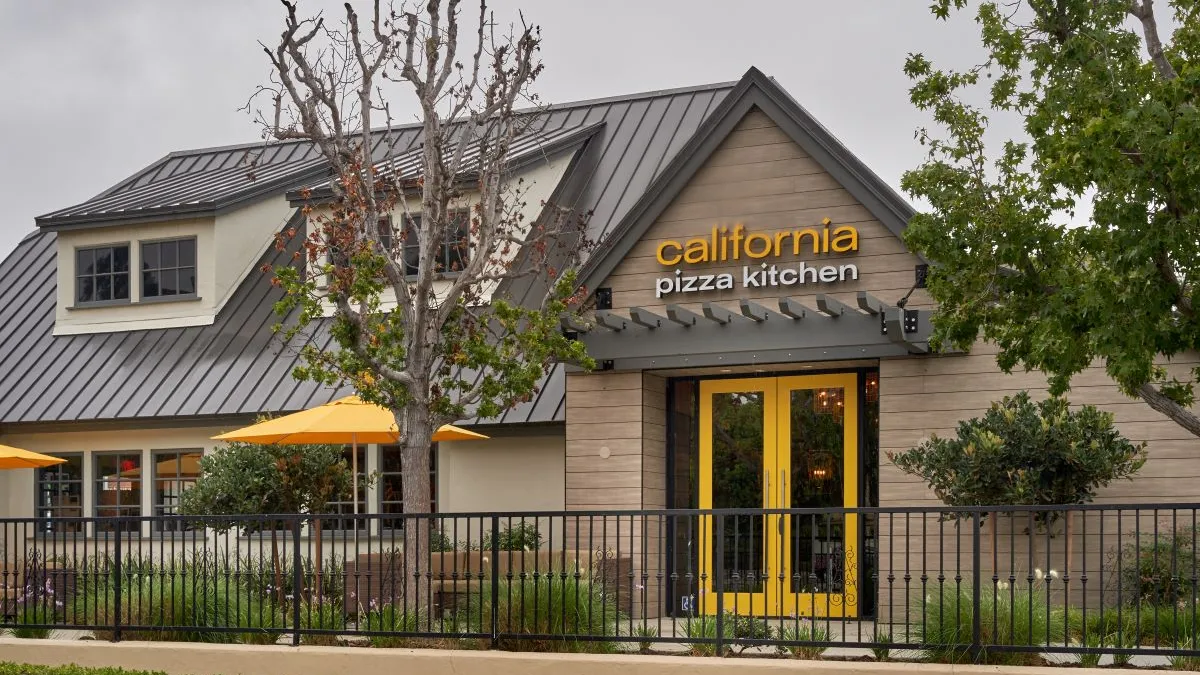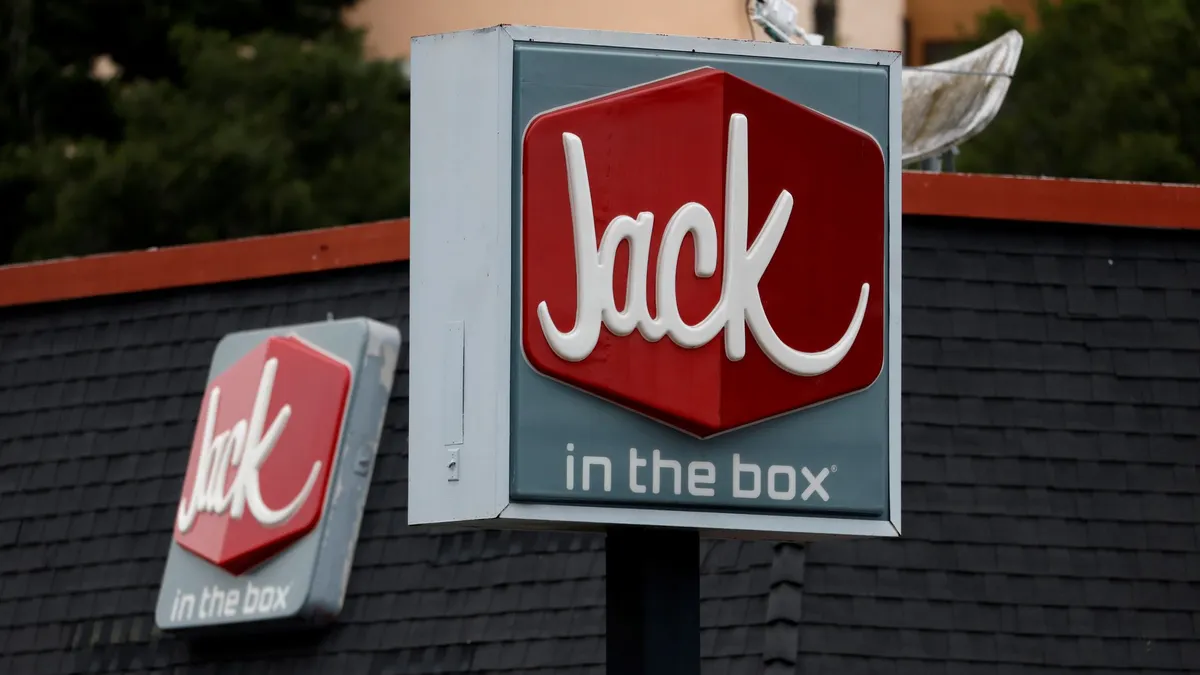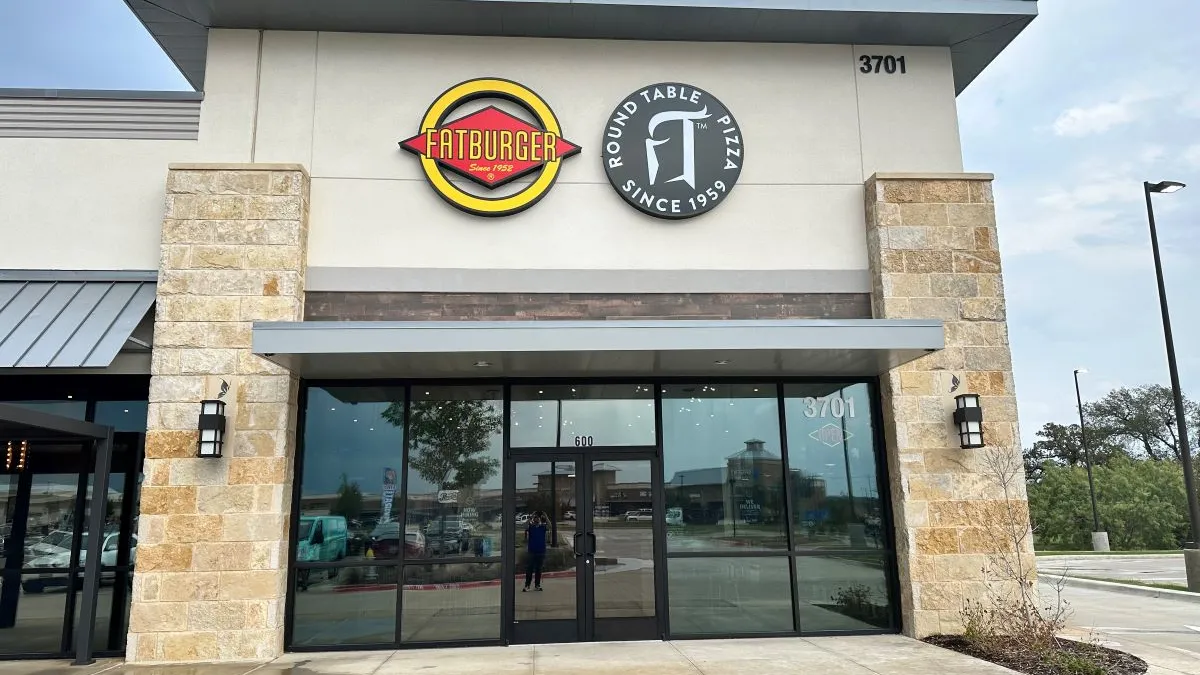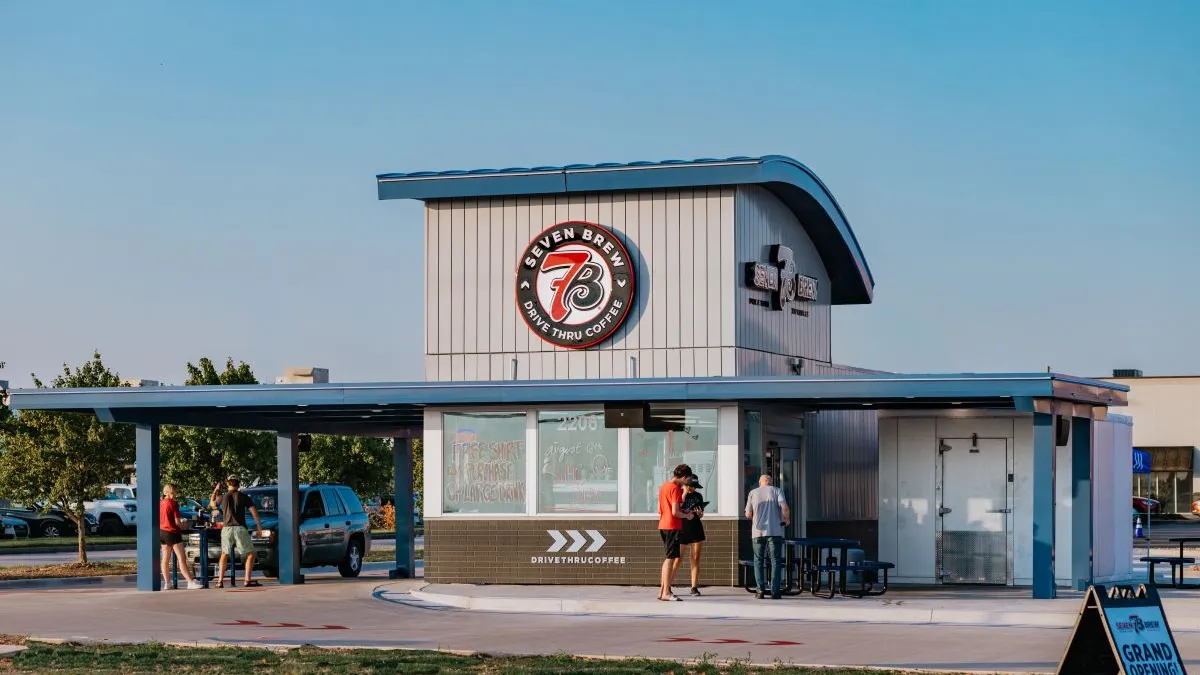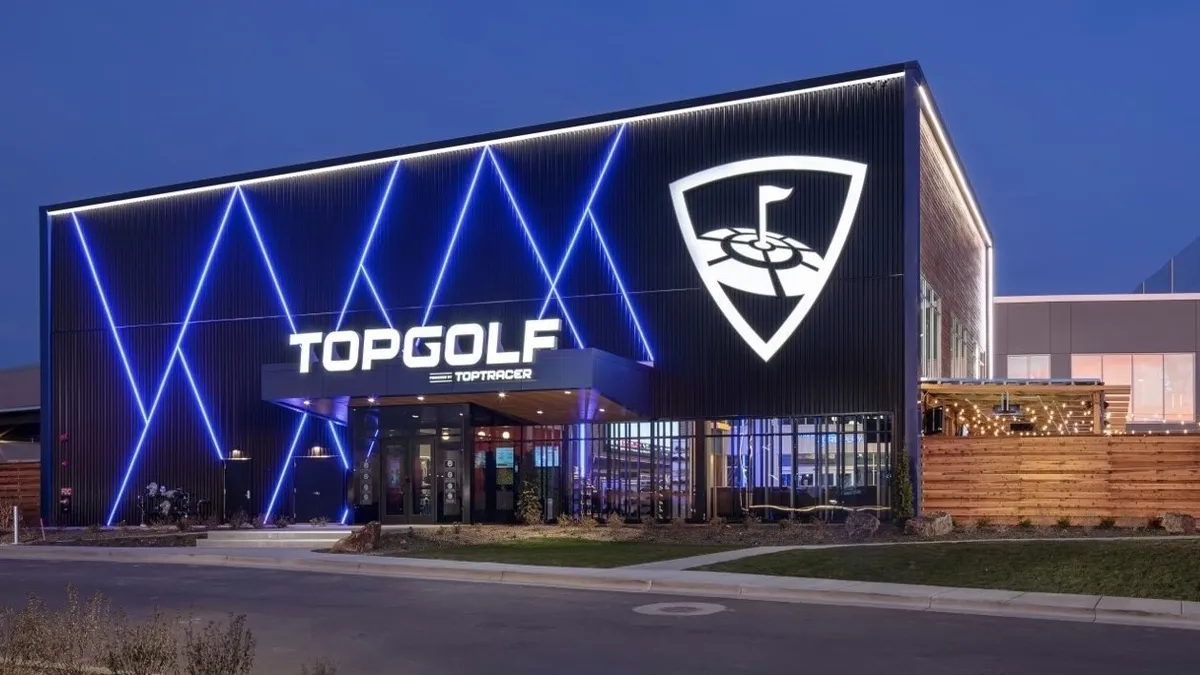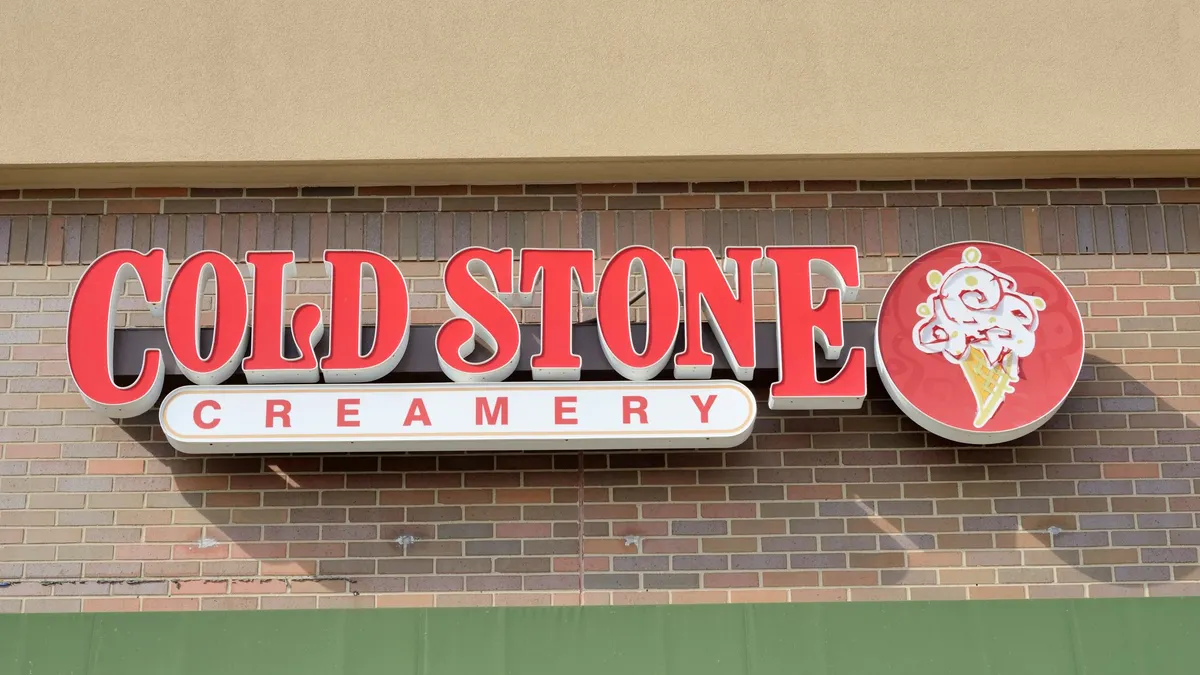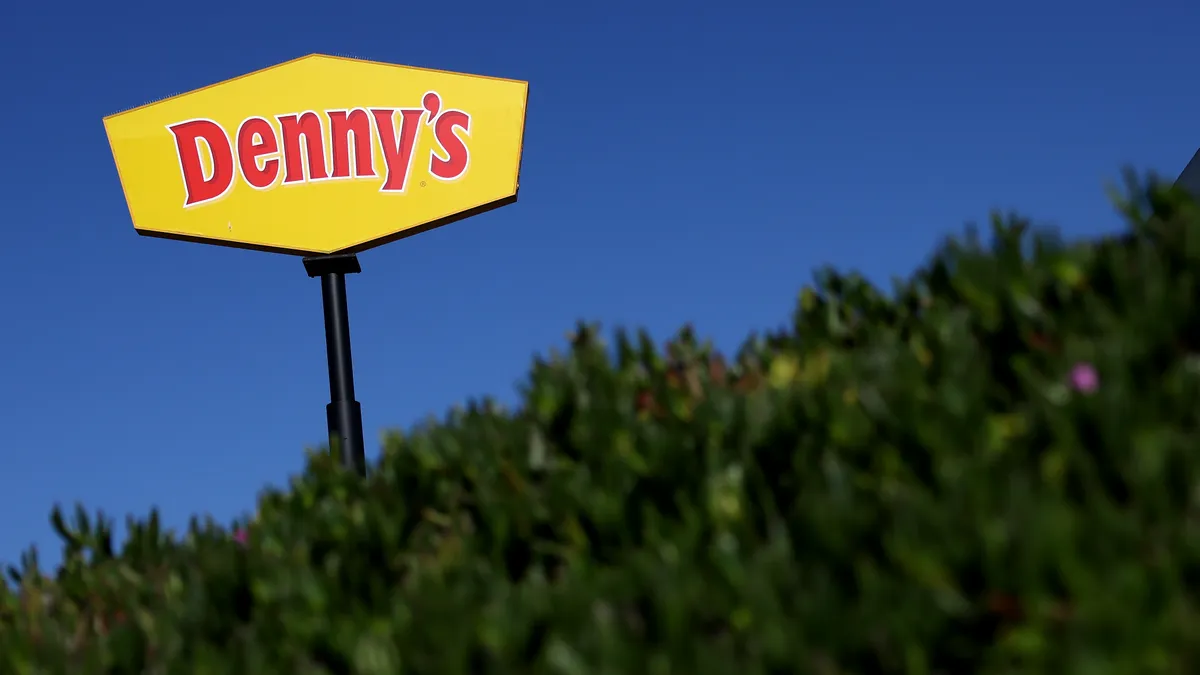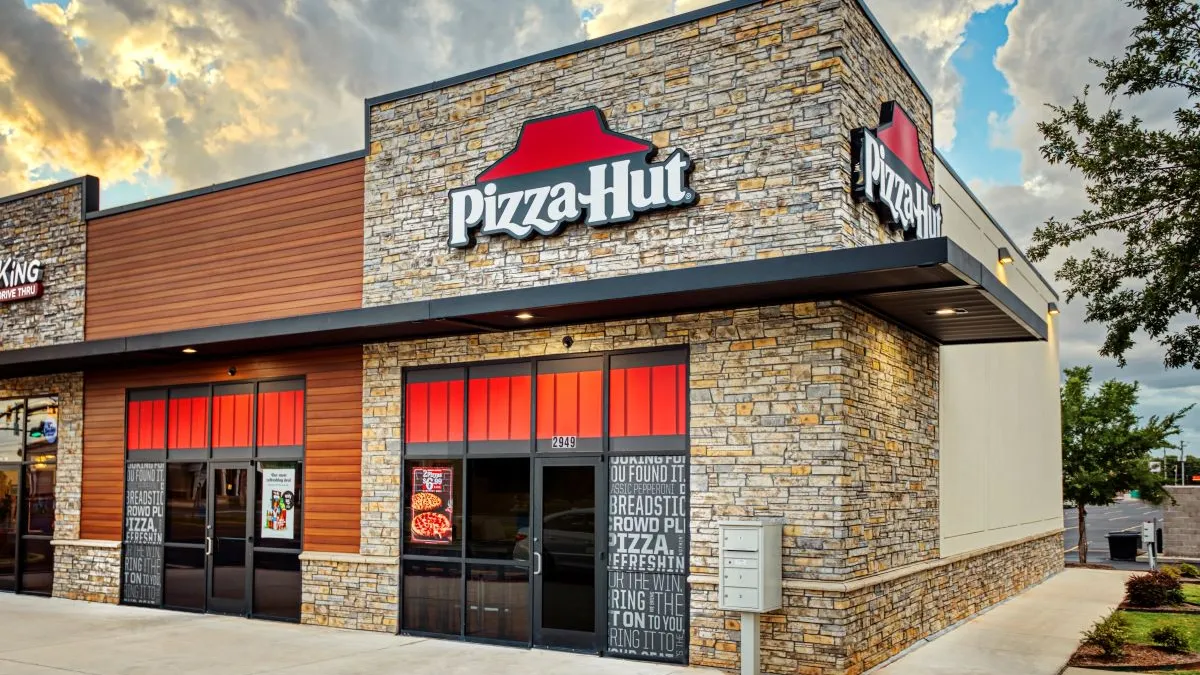ORLANDO, Florida — 2020 will be a big acquisition year for FAT Brands. After completing a securitization and gaining additional funding, the company is eyeing several acquisitions this year, one of which could close by the end of the first quarter, CEO Andy Wiederhorn told Restaurant Dive during the ICR Conference on Monday. A few more deals are on target for Q2, he said.
And the company isn't likely to slow down.
"I don’t think there is a brand limit," Wiederhorn said of the company's acquisition ceiling.
The plan going forward is to buy larger brands rather than smaller one-offs that end up becoming distractions for its team, he said.
FAT Brands was built for acquisitions and to be an aggregator of franchised brands, where it can use one headquarter, legal department, marketing, and so forth, to lower overhead costs, Wiederhorn said. Other restaurant companies tend to have overhead costs for each brand, he said.
As part of its acquisition strategy, FAT Brands will consolidate operations within the first 30 days, winding down the acquired company’s headquarters and specific departments while keeping the brand level marketing and brand level operations staff, Wiederhorn said during a conference presentation. This ends up decreasing the cost.
Though the company has this acquisition process down to a science, he said, every brand comes with unique challenges, such as figuring out brand marketing, supply chain or the state of the franchisee network.
"Usually when a brand is for sale, the franchisor neglected and ignored the franchisees while they were selling themselves," Wiederhorn said. "That is something we've experienced."
Part of FAT Brands' assessment of potential acquisition targets includes checking to see if the restaurant offers delivery. One of its targets for a Q2 acquisition is a really good brand, he said, but it isn't doing delivery.
"Delivery is here to stay," Wiederhorn said. "For us to see … an established brand not do delivery, you just scratch your head and wonder what were these guys thinking."
One of the benefits of growing a diverse restaurant platforms, he said, is that it gives franchisees the opportunity to offer multiple brands in one kitchen by hosting a sister brand as a virtual restaurant for delivery. This way, FAT Brands can grow its store count and its delivery footprint at a reduced cost.
Acquisition targets
The company currently has seven brands in the chicken, burger, steakhouse and Mediterranean categories. The company won’t necessarily stick to these categories, even though they are easy to add to, but it could be possible to round out the portfolio with a pizza, coffee or dessert brand, Wiederhorn said during a conference presentation.
But don't expect the company to stray too far away from its wheelhouse. Wiederhorn said FAT Brands is unlikely to buy fine dining concepts or specialized restaurants like sushi or barbecue that tend to be more regionalized.
Since going public in 2017, the company has acquired a brand every six months, he said. Most recently, FAT Brands bought Elevation Burger in 2019.
Wiederhorn said there is a lot of upside to Elevation Burger thanks to its healthy and organic menu options.
"It fits that niche for us that we didn't have locked down before," he said.
The company plans to add plant-based proteins and vegan options to Elevation and position the restaurant in markets like Los Angeles where health sells, he said.
"Elevation is going to be a big driver for us and there is a lot of franchisee interest," he said.
Much like with Elevation, FAT Brands is targeting established restaurants that are proven in their categories and offer the opportunity to cross-sell to its franchisee base, many of which want to grow their businesses.
"It doesn’t have to be a high-flying success for us to be interested in it," Wiederhorn said. "When we look at new brands, we're not scared to death that they have declining same-stores sales or unit count. We just need to know that we have a strategy and believe in our strategy to execute."
When the company bought Hurricane's Grill and Wings 18 months ago, same-store sales were down 4.5%. Now same-store sales are up 8.7%, he said.
At the same time, FAT Brands plans to grow its existing brands organically. The company is targeting 10% organic growth annually alongside acquisitions. In 2019, the company started the year at around 300 restaurants and then opened about 30 units. In 2020, with over 380 units, including the Elevation acquisition, the company plans to open 30 to 40 units, Wiederhorn said during a conference presentation.
"We absolutely want to grow our brands organically," he said.



